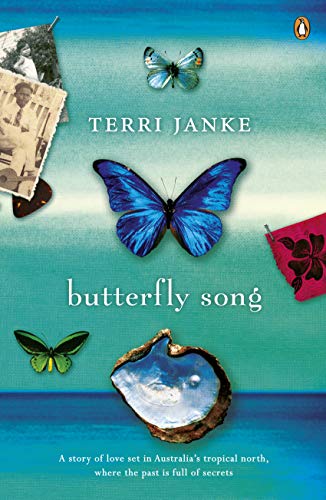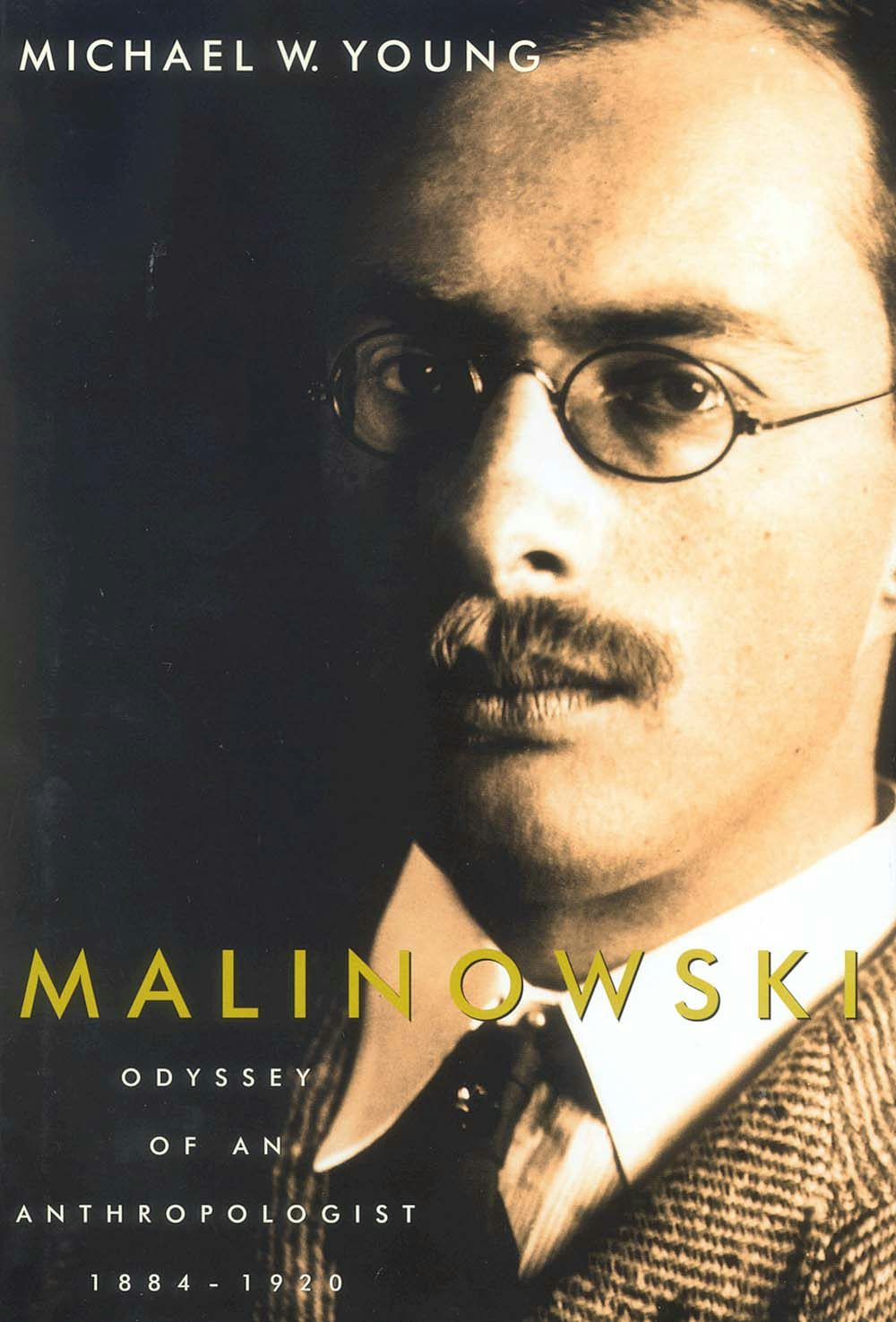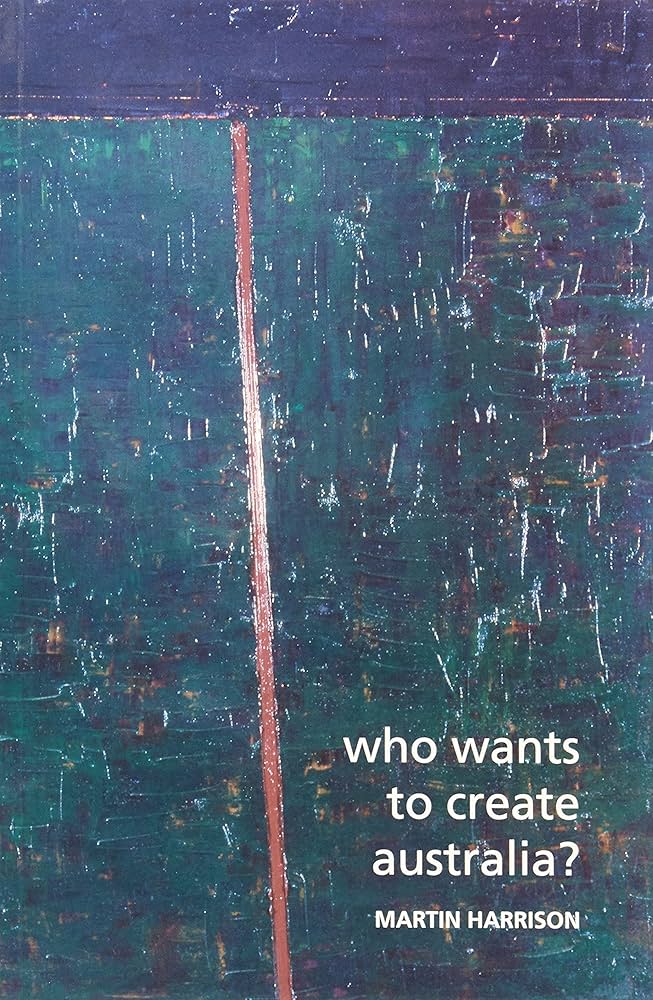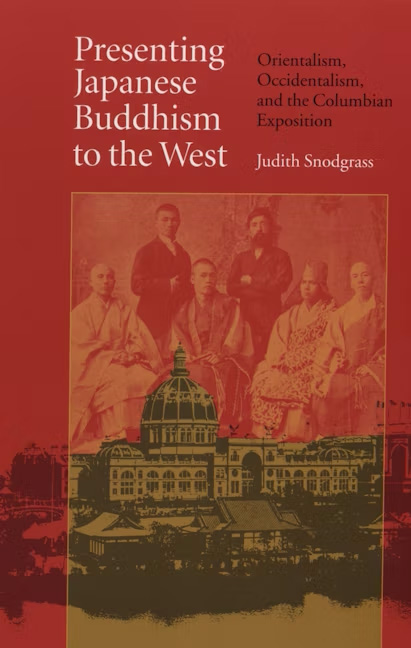Archive
ABR welcomes letters from our readers. Correspondents should note that letters may be edited. Letters and e-mails must reach us by the middle of the current month, and must include a telephone number for verification.
... (read more)Malinowski: Odyssey of an anthropologist 1884-1920 by Michael W. Young
‘I can’t believe that you look back and say “I was unkind to people” … you’re not an envious person, you’re not a hateful person, you’ve got – one assumes – plenty of money. So why do you sit there and beat yourself up thinking that you’ve hurt people?’
Poor John Mangos. There he was on Sky News Australia presenting the interview programme Viewpoint last November. His interviewee was the great John Laws, who had a new book to promote and yet another spectacular controversy (this one involving his comments about Queer Eye for the Straight Guy’s Carson Kressley) to defend.
... (read more)The Inaugural ABR Poetry Prize
Ventriloquist’s Dummy
Jennifer Harrison
I
I can’t tell where I’m going
but shall I memorise the shape of streets
the slope of bridges, the vertigo?
today I’m carried somewhere new –
I’m lost, in pieces, and I rattle
2004 National Biography Award
There have been some big developments with this award, which is administered and presented by the State Library of New South Wales on behalf of its benefactor, Dr Geoffrey Cains. As we go to press, the organisers tell us that this year’s prize money has been increased from $15,000 to $20,000, because of the generosity of Michael Crouch, Director of Zip Heaters and a supporter of the Library. This makes it one of our wealthiest literary awards. The judges (Edmund Campion, Amanda Lohrey and Gerard Windsor) have compiled an interesting short list: Robert Adamson’s Inside Out (Text), Li Cunxin’s Mao’s Last Dancer (Viking), Robert Hillman’s The Boy in the Green Suit (Scribe), Gaylene Perry’s Midnight Water (Picador) and Peter Skrzynecki’s Sparrow Garden (UQP). On March 2, Belinda Hutchinson will announce that Robert Hillman (not the Robert Hillman who gets stuck into Geoff Page in our ‘Letters’ this month) is the winner of this year’s award.
... (read more)Four artists have taken the natural world – its wildlife, its ecology, and its geology – and produced four books with entirely different aims. Kim Michelle Toft describes The World That We Want (UQP, $26.95hb, 32 pp) as ‘one that protects, feeds and shelters everything that lives on it’. Essentially, this is a factual book, but one suffused with a sense of wonder because of Toft’s exquisite pictures. Are We There Yet? (Are We There Yet? A Journey Around Australia, Viking, $24.95hb, 32 pp) is Alison Lester’s bubbling account of a family’s ‘journey around Australia’, with cheerful pictures of boab trees, fairy penguins and everything in between. Again, it is factual; if you want to know what a quokka looks like, just find the right picture. This is not so true of Graeme Base’s Jungle Drums (Viking, $29.95hb, 38 pp); although the leopard, the elephant and the warthogs are clearly recognisable in the early pictures, by the middle of the story they all look strange.
... (read more)



